
Linus Unah @linusunah
Latest Articles
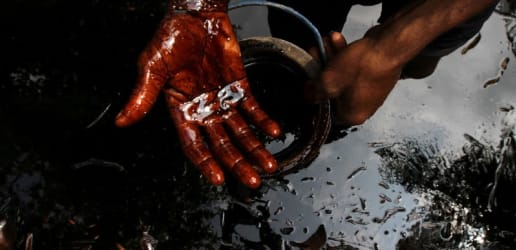
Nigerian farmers win right to sue Shell over pollution. But who’ll clean up the mess?
almost 5 years ago // Future of Food Systems
“We are still drinking the [contaminated] water,” says King Emere Godwin Bebe Okpabi, leader of the Ogale community. “That is the extent of the damage.”
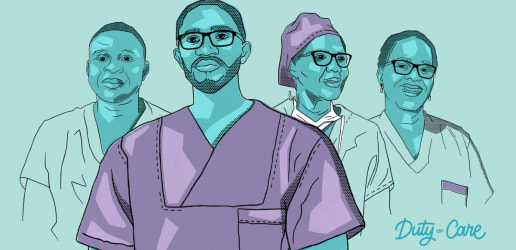
Practice makes perfect — training the next generation of Nigeria's health workers
over 5 years ago // Produced in Partnership: Duty of Care
Dr. Adeola Adekunle is already a senior resident doctor and trainee surgeon. But he did not get there alone. His success is a product of constant learning and training — even in the midst of a pandemic.
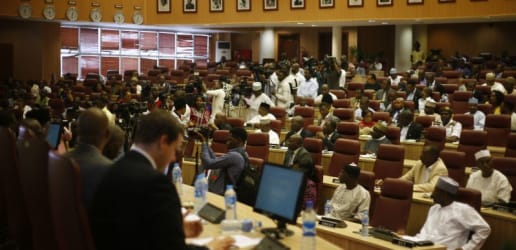
Nigeria struggles with largest recorded Lassa fever outbreak
almost 6 years ago // Global health
Nigeria is under pressure to declare a national health emergency as it endeavors to contain its largest recorded outbreak of Lassa fever, which has killed 161 people this year.
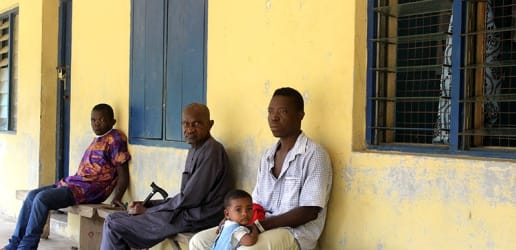
Leprosy lives on in Nigeria, 20 years after its 'elimination' as a public health problem
about 6 years ago // Global health
After Nigeria met WHO's leprosy reduction target in 2000, political interest shifted elsewhere — leaving patients with little support.
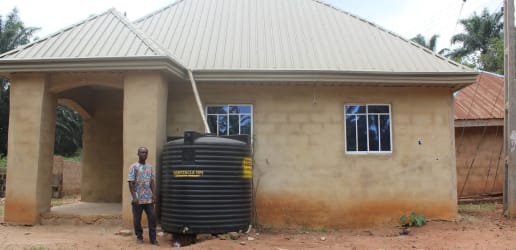
The Nigerian state putting communities in charge
almost 7 years ago // Inclusive development
Under the "Visit Every Community" initiative, Nigeria's Enugu state is handing control of development funds to local communities — but is it working?
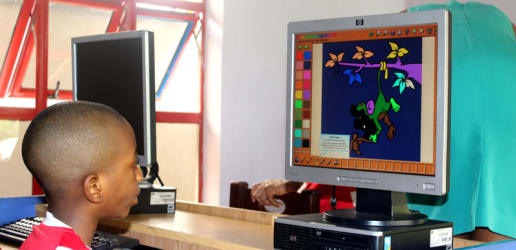
In Nigeria, a push for coding in schools
about 7 years ago // Technology
A slew of companies, nonprofits, and local governments in Nigeria have begun training the next generation for a digital future.
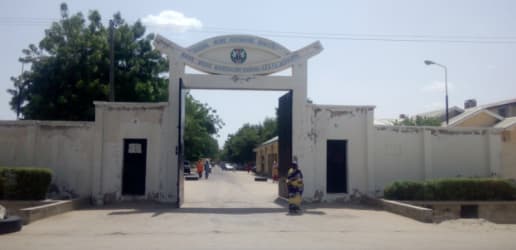
Nonprofits take on Nigeria’s struggles with mental health
over 7 years ago // Inclusive Development
Without a national coordinating body or agency to oversee mental health care, or run anti-stigma and psychoeducation initiatives, more nonprofits are springing up to close the gap.
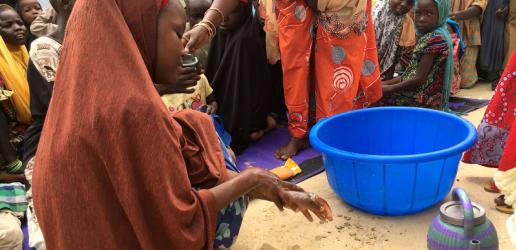
Nigeria tackles cholera outbreak using housecalls, jingles, and health advisories
over 7 years ago // Global health
To combat cholera, WHO has been collaborating with the government to set up an emergency operation center with pillars including case management, active case search, and social mobilization, as well as WASH services. But with more than 13,000 cases since January, the work is far from over.
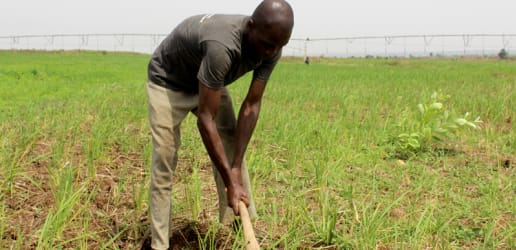
Agritech startups aim to lift Nigerian smallholder farmers out of poverty
almost 8 years ago // Agriculture
Nigeria imports $20 billion in food each year, even as its farmers struggle to get by. To address the gap, a number of agritech startups have appeared in Nigeria of late, hoping to use a range of tools to improve the livelihood of smallholder farmers and the viability of local agriculture.
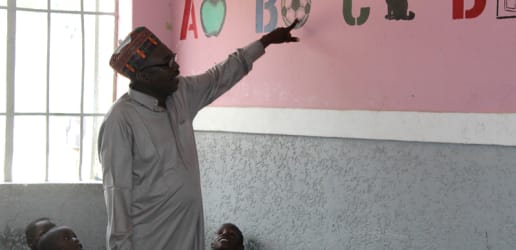
In Nigeria, a school takes on the fight against Boko Haram
about 8 years ago // Education
An ambitious grassroots foundation offers education to hundreds of children affected by both sides of the ongoing conflict in the northeastern area of Nigeria.